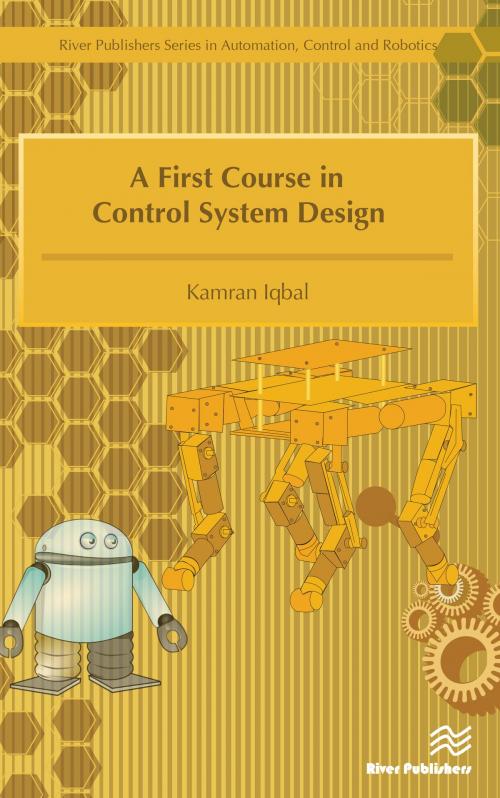A First Course in Control System Design
Nonfiction, Science & Nature, Technology, Automation, Remote Sensing, Computers, Programming, Systems Analysis| Author: | Kamran Iqbal | ISBN: | 9788793609952 |
| Publisher: | River Publishers | Publication: | December 13, 2017 |
| Imprint: | River Publishers | Language: | English |
| Author: | Kamran Iqbal |
| ISBN: | 9788793609952 |
| Publisher: | River Publishers |
| Publication: | December 13, 2017 |
| Imprint: | River Publishers |
| Language: | English |
Control systems are pervasive in our lives. Our homes have environmental controls. Appliances we use at home such as the washing machine, microwave, etc. have embedded controllers. We fly in airplanes and drive automobiles, which make extensive use of control systems. The increase of automation in the past few decades has increased our reliance on control systems.
A First Course in Control System Design discusses control systems design from a model-based perspective as applicable to single-input single-output systems. The emphasis in this book is on understanding and applying the techniques that enable the design of effective control systems. The book covers the time-domain and the frequency-domain design methods as well as the design of continuous-time and discrete-time systems.
Technical topics discussed in the book include:
- Modeling of physical systems
- Analysis of transfer function and state variable models
- Control system design via root locus
- Control system design in the state-space
- Control design of sampled-data systems
- Compensator design via frequency response modification.
Control systems are pervasive in our lives. Our homes have environmental controls. Appliances we use at home such as the washing machine, microwave, etc. have embedded controllers. We fly in airplanes and drive automobiles, which make extensive use of control systems. The increase of automation in the past few decades has increased our reliance on control systems.
A First Course in Control System Design discusses control systems design from a model-based perspective as applicable to single-input single-output systems. The emphasis in this book is on understanding and applying the techniques that enable the design of effective control systems. The book covers the time-domain and the frequency-domain design methods as well as the design of continuous-time and discrete-time systems.
Technical topics discussed in the book include:
- Modeling of physical systems
- Analysis of transfer function and state variable models
- Control system design via root locus
- Control system design in the state-space
- Control design of sampled-data systems
- Compensator design via frequency response modification.















